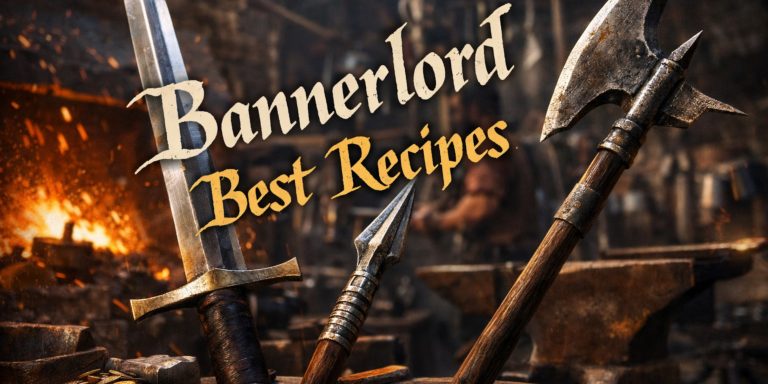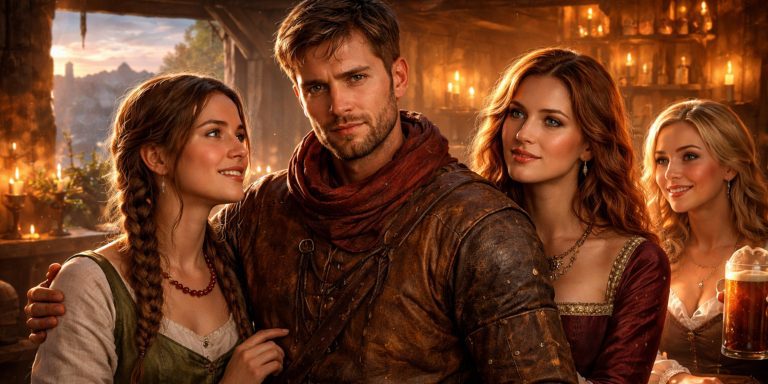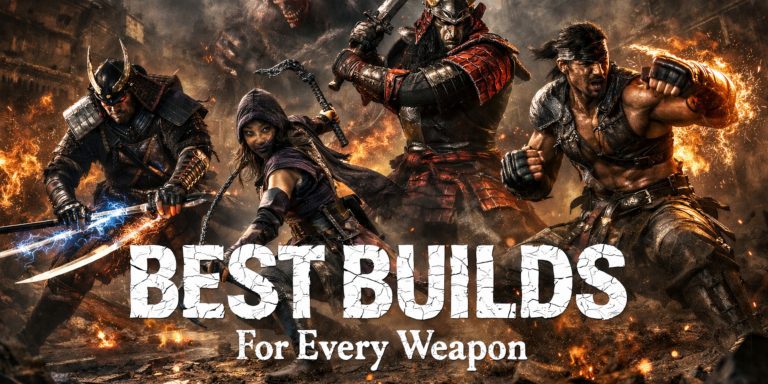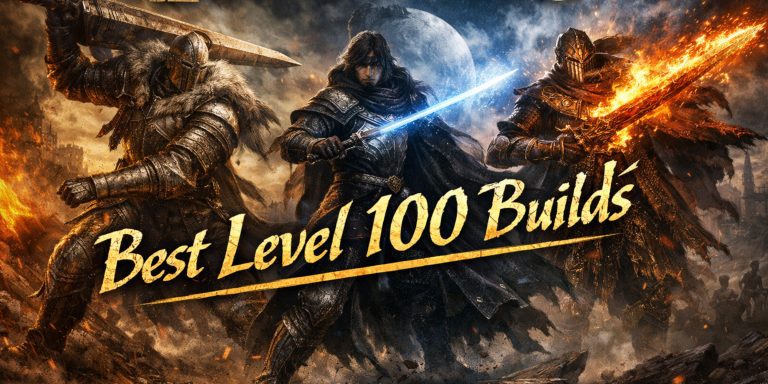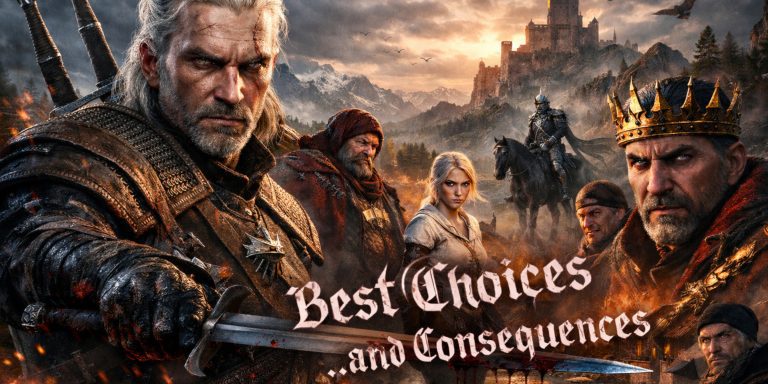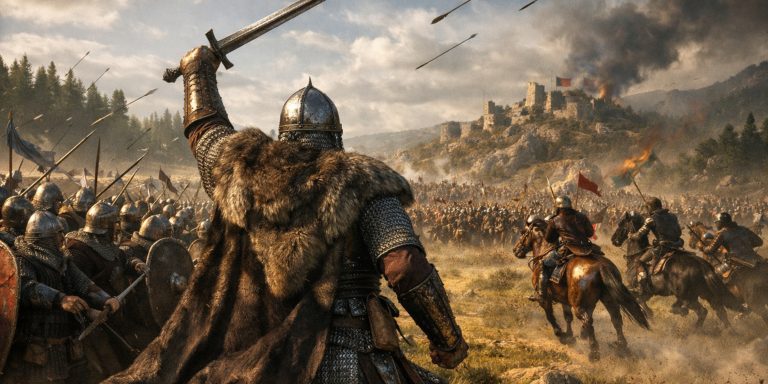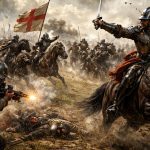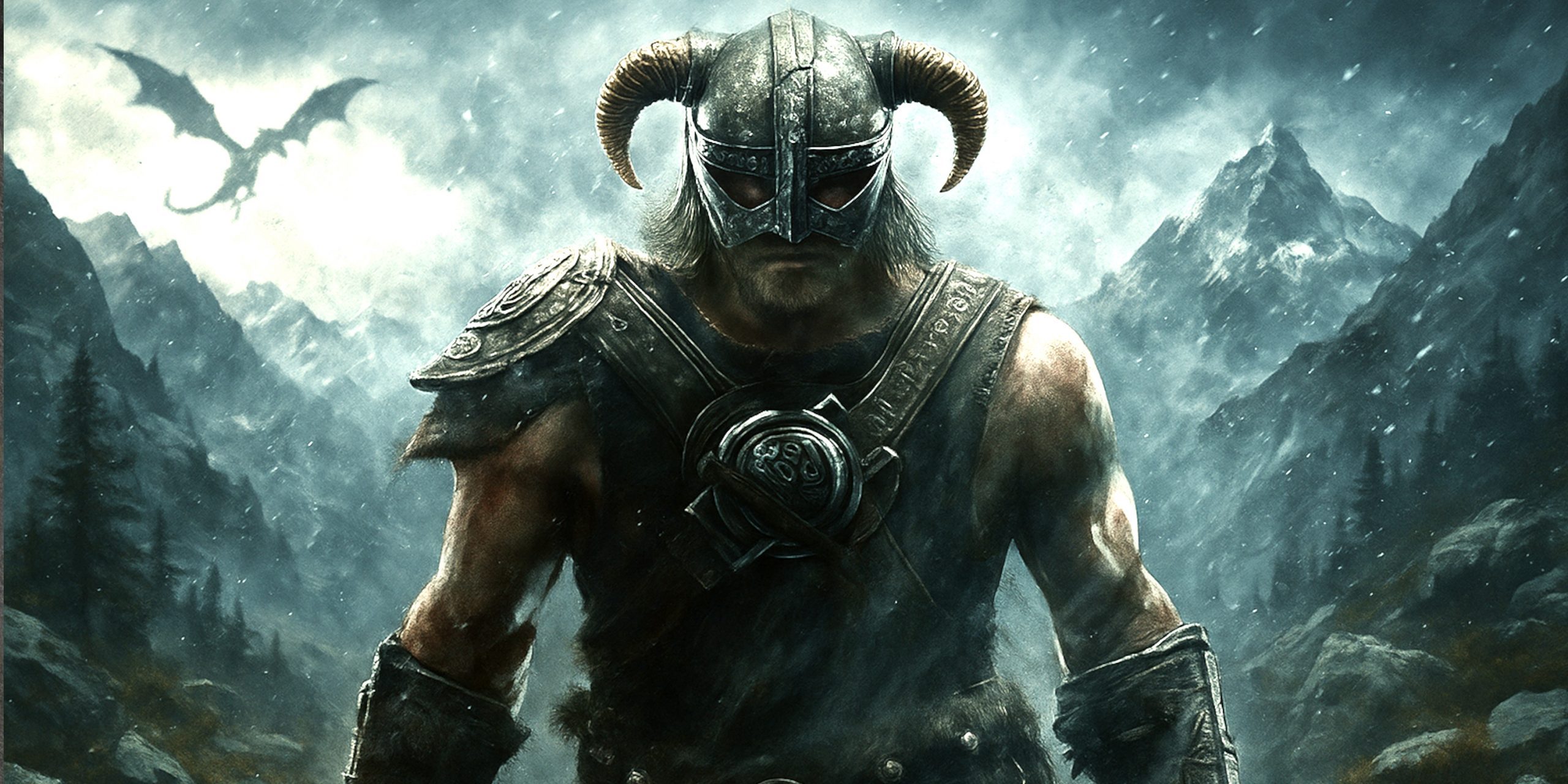
Few games have built a world as intricate and stubbornly alive as The Elder Scrolls V: Skyrim. Released in 2011, it became more than a fantasy RPG. It turned into a cultural landmark, complete with shouting dragons, cheese-hoarding bandits, and the occasional physics glitch that launched a cabbage into orbit. But beneath the memes lies a vast and often dark history that stretches back thousands of years. Skyrim’s lore isn’t just backstory; it’s the backbone of its entire identity.
The Foundations of Tamriel
Skyrim sits at the northern edge of Tamriel, the continent that forms the stage for the Elder Scrolls series. It’s cold, harsh, and ancient, shaped by both gods and mortals. Long before the Dragonborn ever picked up a rusty iron sword, this land saw the rise and fall of empires, divine wars, and Daedric meddling that would make even the Nine Divines lose patience.
The Nords, descendants of the Atmorans, were the first humans to settle in Skyrim, led by Ysgramor and his Companions after the Night of Tears. That event wasn’t just a massacre; it was a turning point. The elves of Saarthal destroyed the human settlement, sparking centuries of bloodshed that forged Skyrim’s deep mistrust of the mer. The Nords eventually founded their own kingdom, built on mead, steel, and revenge.
The Divines and Daedric Influence
Religion in Skyrim is a mess, and that’s putting it politely. The Nine Divines (or Eight, depending on who you ask) are central to everyday life, but so are the Daedric Princes, whose influence quietly poisons everything from politics to family feuds.
Talos, once a mortal named Tiber Septim, is a particularly sore subject. The Empire banned his worship under the White-Gold Concordat, leading many Nords to revolt against Imperial rule. This conflict between faith and authority shapes much of Skyrim’s political tension. The Stormcloaks see themselves as defenders of Nordic tradition, while the Imperials believe in preserving fragile peace. Both have a point, which makes the choice between them more than just a moral checkbox.
Dragons and the Voice
Dragons aren’t just flying lizards with bad attitudes. In Skyrim’s lore, they’re divine beings tied to the fabric of time itself, created by Akatosh, the Dragon God of Time. When Alduin, the so-called World-Eater, returns, it’s not just a boss fight. It’s the fulfilment of an ancient prophecy predicting the end of the world.
The Dragonborn’s power, the Thu’um or “Voice,” is a remnant of the First Era when the Tongues of old could shout mountains apart. This ability isn’t mere magic; it’s the raw manipulation of the world’s true language. It’s a poetic idea, that words themselves can shape reality, and Skyrim’s lore never lets you forget that.
The Civil War and the Weight of History
When you enter Skyrim, it’s a nation at war with itself. Ulfric Stormcloak’s rebellion isn’t a simple tale of good versus evil. It’s a story of culture, identity, and what happens when empires grow tired and people remember who they were before the treaties and taxes.
Both sides are flawed. Ulfric’s nationalism flirts with intolerance, while the Empire’s pragmatism borders on cowardice. The brilliance of Skyrim’s writing is that it doesn’t hand you moral clarity. It forces you to live with the consequences of your allegiance.
The Elder Scrolls Themselves
The title isn’t just decorative. The Elder Scrolls are artefacts that exist outside time, recording events before they happen and after they’re forgotten. They’re unreadable to most mortals and even drive scholars mad. In Skyrim, the Dragonborn uses one to glimpse the ancient battle where Alduin was first defeated. It’s one of the rare moments where the player truly touches the cosmic scale of the series’ mythology.
The idea that destiny can be both written and rewritten is central to the Elder Scrolls universe. Skyrim captures that tension better than any other entry.
Legacy of the Nords
For all its grandeur, Skyrim’s story is deeply personal. It’s about legacy, what the Nords inherited and what they choose to become. Every tomb, every rune, and every dusty ruin hints at a civilisation constantly wrestling with its own past. Whether you join the Companions, the Thieves Guild, or the Dark Brotherhood, you’re stepping into centuries of stories layered like geological strata.
It’s no wonder people still play it more than a decade later. Skyrim feels like a living archive of myths that never stop evolving, especially with the modding community ensuring it will probably outlive civilisation itself.
Seven Swords Takeaway
Skyrim’s lore is vast enough to drown in, yet it never feels hollow. It’s a tapestry woven from heroism, hypocrisy, and the quiet endurance of a people carved out of stone and snow. The game’s real magic isn’t the shouts or spells, it’s the sense that you’re part of something ancient and unfinished.
Somewhere out there, another Dragonborn is still picking a lock in Riften while the gods argue over the fate of the world. And somehow, that feels right.

